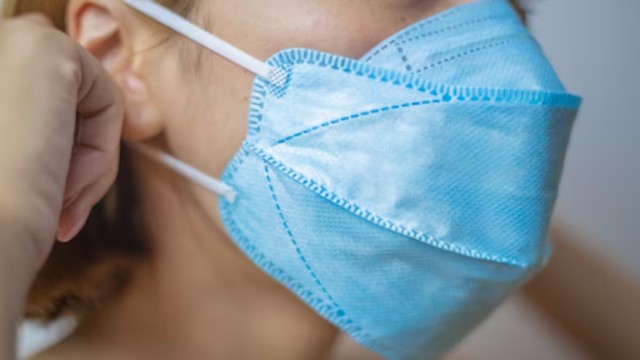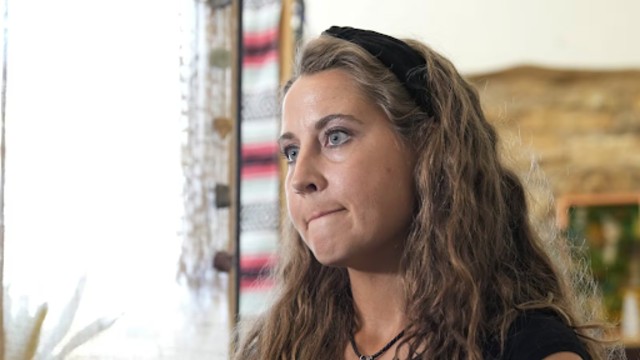
With an uptick in respiratory illnesses, B.C. health-care facilities are once again requiring masks for visitors, patients and staff. (narongpon chaibot/Shutterstock)
Masks are once again mandatory in healthcare settings across British Columbia, as announced by the province's Health Ministry. This requirement, which came into effect on January 6, applies to all individuals in healthcare facilities, including staff, patients, visitors, and volunteers. Everyone must wear medical masks in areas where patients are actively receiving care.
The move responds to a rise in respiratory infections such as influenza and RSV in B.C., with COVID-19 cases also showing early signs of an uptick, though remaining relatively stable for now.
Masking was previously enforced across healthcare facilities throughout the COVID-19 pandemic until April 2023. The Health Ministry noted that temporary measures like mask mandates have long been standard practice in healthcare, even before the pandemic. In fact, a similar mask mandate was reinstated in October 2023 to address the flu season.
Jennifer Vines, the interim medical director for public health response at the B.C. Centre for Disease Control, shared that the region has seen a steady increase in respiratory illness cases. While the situation mirrors last year in terms of medical visits, Vines emphasized that it’s not too late to receive an influenza vaccine, and those eligible can also consider getting a COVID-19 booster at the same time.
While it’s difficult to predict when respiratory illness cases will peak, Vines noted that the season was progressing similarly to the previous year.
Masks will be mandatory for most patients seeking care at hospital settings until the spring, according to the ministry. (Maggie MacPherson/CBC)
The new mask mandate applies to all healthcare facilities operated by B.C. health authorities, including hospitals, long-term care homes, assisted living facilities, and outpatient clinics. The rule includes exceptions for people eating or drinking, and for visitors in rooms where only one patient is present.
The Health Ministry expects the mask requirement to remain in place until spring 2025.
Dr. Pargat Singh Bhurji, a pediatrician in Surrey, has observed an increase in respiratory illnesses among children since mid-December. She anticipates a further rise in cases following the return of students to school after the holiday break, as more mixing and virus transmission is expected in classrooms.
Bhurji supports the reintroduction of the mask mandate, seeing it as an effective precautionary measure, as was evident during the height of the COVID-19 pandemic. Additionally, she is advocating for the province to offer monoclonal antibody treatments to infants to help prevent RSV, a move already being implemented in Ontario and Quebec.















